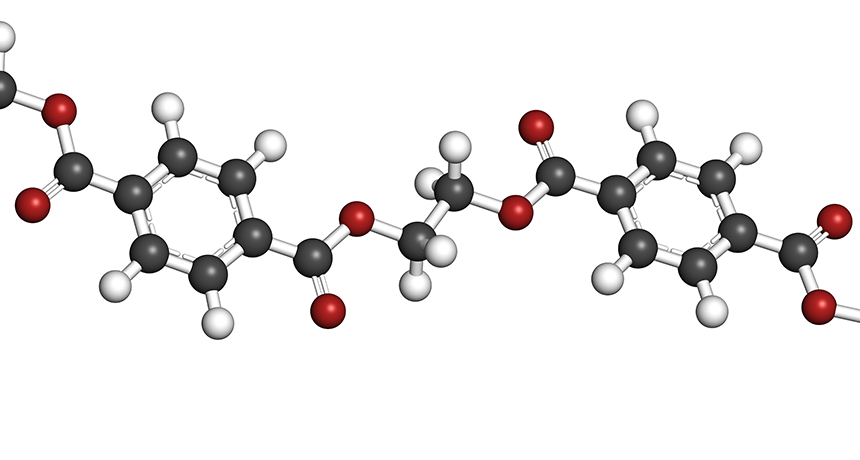Harnessing the Power of Polymers: Recognizing the Substantial Uses and Positive Influences
Polymers, with their diverse chemical frameworks and buildings, have ended up being indispensable in various sectors, revolutionizing the method we connect with materials on an everyday basis. As we discover the extensive uses of polymers and their duty in shaping a much more lasting, reliable, and ingenious future, it comes to be evident that their capacity is as huge as the molecules themselves.
Flexibility in Everyday Products
Polymers display impressive flexibility in a broad variety of day-to-day items, demonstrating their important function in modern-day culture. From the versatile plastic covering of smartphones to the durable fibers in clothes, polymers have reinvented the method we engage with items in our day-to-days live. Among one of the most usual uses polymers remains in product packaging materials. Polyethylene, for instance, is commonly used in food packaging because of its lightweight, resilient, and moisture-resistant residential properties. In addition, polymers play a critical duty in the auto sector, where they are made use of in making light-weight elements that enhance fuel efficiency.
Additionally, polymers have found their means into the healthcare field, with applications varying from medical devices to medicine distribution systems. Naturally degradable polymers are used in stitches and implants, reducing the danger of damaging responses in clients. In the construction market, polymers are incorporated right into paints, adhesives, and insulation materials, boosting sturdiness and power effectiveness. Overall, the flexibility of polymers in day-to-day products underscores their relevance in driving development and boosting quality of life.
Sustainability in Material Innovations
With the continuous focus on ecological awareness and source effectiveness, the focus shifts towards sustainability in product technologies, showing a growing commitment to accountable production techniques across different markets. Over the last few years, there has been a noteworthy rise in the growth of lasting materials, particularly within the realm of polymers. These ingenious products are made to minimize environmental impact throughout their entire lifecycle-- from sourcing basic materials to disposal or recycling.
One considerable element of sustainability in product technologies is the concept of biodegradability. Naturally degradable polymers have actually gathered interest for their capability to break down naturally into non-toxic by-products, minimizing waste and contamination. Furthermore, the usage of recycled polymers obtained from post-consumer or post-industrial resources is getting traction as a way of promoting a circular economy and reducing dependency on virgin products.

Enhancing Efficiency in Design
Enhancing performance in engineering requires a meticulous integration of innovative modern technologies and specific techniques to maximize performance and efficiency in various commercial applications. Polymers play a crucial duty in this undertaking, offering a vast array of benefits that boost the efficiency of engineering materials and parts.
One secret element of enhancing efficiency in design is the ability of polymers to boost durability and strength. By including polymers into engineering layouts, Read Full Report makers can create light-weight yet robust structures that can hold up against high levels of stress and pressure. This characteristic is specifically useful in markets such as aerospace, automobile, and building and construction, where the need for strong yet light-weight materials is vital.
Additionally, polymers can additionally improve efficiency by supplying thermal and chemical resistance, reducing rubbing, and improving electric conductivity. These residential or commercial properties make polymers optimal for a vast array of engineering applications, consisting of seals, bearings, coverings, and digital components. Polymers. By taking advantage of the unique residential properties of polymers, engineers can enhance the efficiency of their designs and produce extra reliable and reputable items
Effect On Clinical Improvements
Polymers have played a vital duty in modern-day clinical improvements, varying from medication shipment systems to tissue design. One of the essential locations where polymers have actually made a significant influence is in the growth of naturally degradable stitches and implants.
Additionally, polymer-based materials are progressively being used in medical devices such as catheters, stents, and prosthetics as a result of their biocompatibility and convenience. Polymer coatings on clinical gadgets can avoid infections and improve site total person end results - Polymers. Additionally, developments in nanomedicine have enabled the use of polymer nanoparticles for targeted medication distribution, boosting the efficacy and decreasing negative effects of various drugs
Function in Environmental Conservation

Moreover, polymers are used in water therapy procedures, aiding in the filtration and recycling of water resources. This assists in lowering water contamination and making sure access to clean water for both human consumption and ecological health. Polymers likewise contribute in agriculture with the growth of naturally degradable composts and controlled-release plant foods, promoting sustainable farming techniques.
Conclusion
In final thought, polymers have actually proven to be a flexible and necessary material in numerous markets, from day-to-day products to engineering and medical improvements. Their effect on sustainability, performance enhancement, wikipedia reference and environmental conservation is considerable. Recognizing the extensive uses polymers highlights their value in driving technology and development in numerous areas. The ongoing expedition and utilization of polymers will unquestionably cause additional innovations and favorable influences on culture.